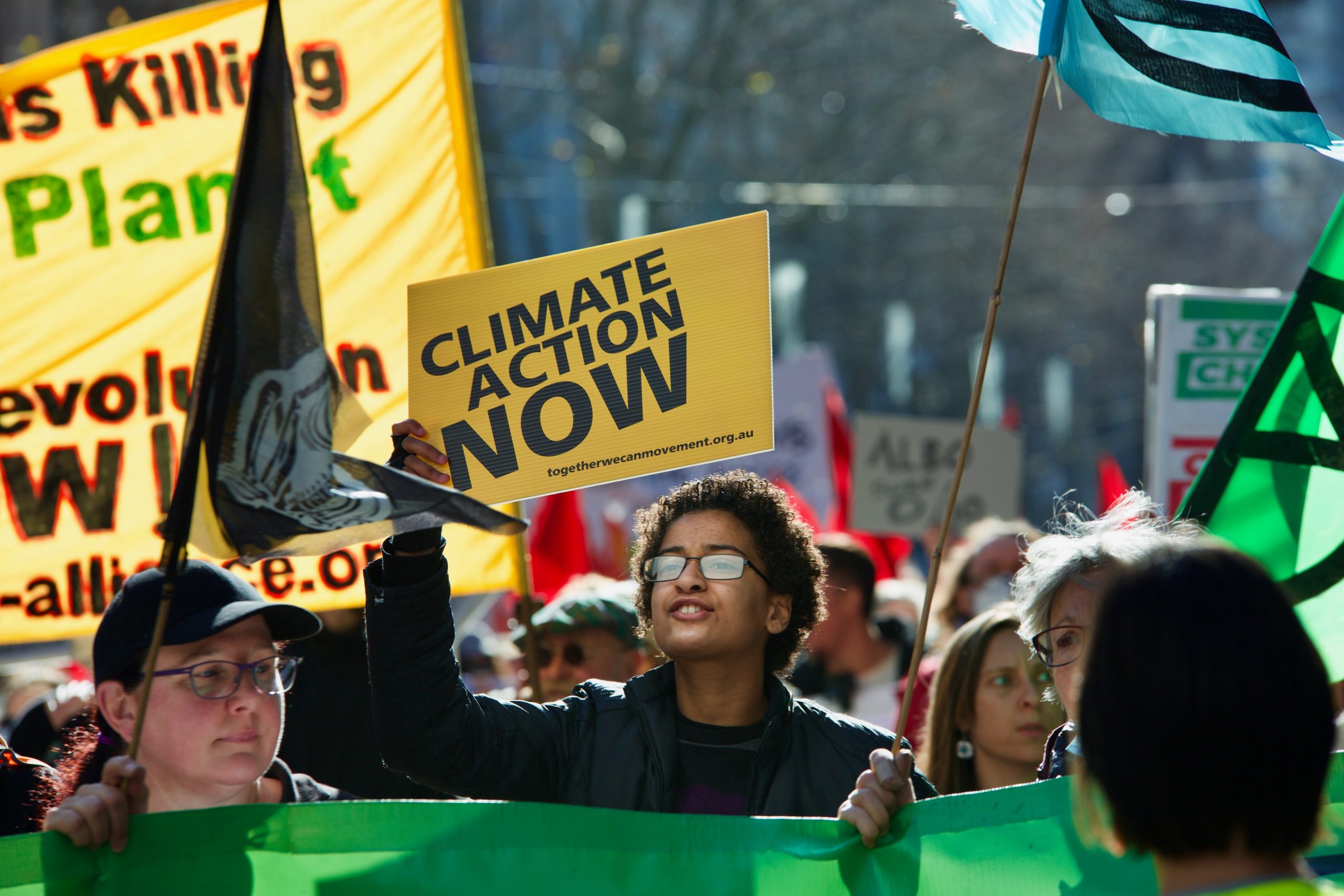Climate change is a major crisis facing the world today, and it is particularly concerning for younger generations, including Gen Z (people born between 1997 and 2012). The impacts of climate change, including more frequent and severe natural disasters, loss of biodiversity, and rising sea levels, are already being felt around the world and are expected to get worse in the coming decades.
Gen Z is particularly vulnerable to the impacts of climate change because they will be living with the consequences of the decisions made by older generations for many years to come. It is important for Gen Z to understand the science behind climate change and to take action to reduce their own carbon footprint and advocate for policies that address the crisis.
There are many things that Gen Z can do to make a difference, including reducing their energy consumption, using public transportation or driving fuel-efficient vehicles, supporting politicians and policies that prioritize the environment, and participating in grassroots organizations and campaigns that work to address climate change. It is also important for Gen Z to stay informed about the latest research and developments related to climate change, as this knowledge can help them make informed decisions and take effective action to address the crisis.
How can you help?
There are many ways that individuals can help address the issue of climate change. Some steps you can take include:
- Reduce your energy consumption: Turn off lights and electronics when not in use, use energy-efficient appliances and light bulbs, and properly maintain your home to reduce energy loss.
- Reduce your carbon footprint: Use public transportation, walk or bike instead of driving, and consider purchasing a fuel-efficient vehicle.
- Conserve water: Fix any leaks, use a broom instead of a hose to clean driveways and sidewalks, and plant drought-resistant plants in your garden.
- Support clean energy: Consider switching to a renewable energy provider for your home or supporting politicians and policies that prioritize clean energy.
- Reduce your consumption of meat and dairy products: Animal agriculture is a significant contributor to greenhouse gas emissions. Reducing your consumption of these products can help reduce your carbon footprint.
- Support organizations working on climate change: Donate to or volunteer with organizations that are working on climate change solutions or advocacy.
- Educate yourself and others: Stay informed about the latest research and developments related to climate change, and share this information with others to raise awareness and encourage action.
By taking these steps and making sustainable choices, you can help reduce your own carbon footprint and contribute to the global effort to address climate change.




